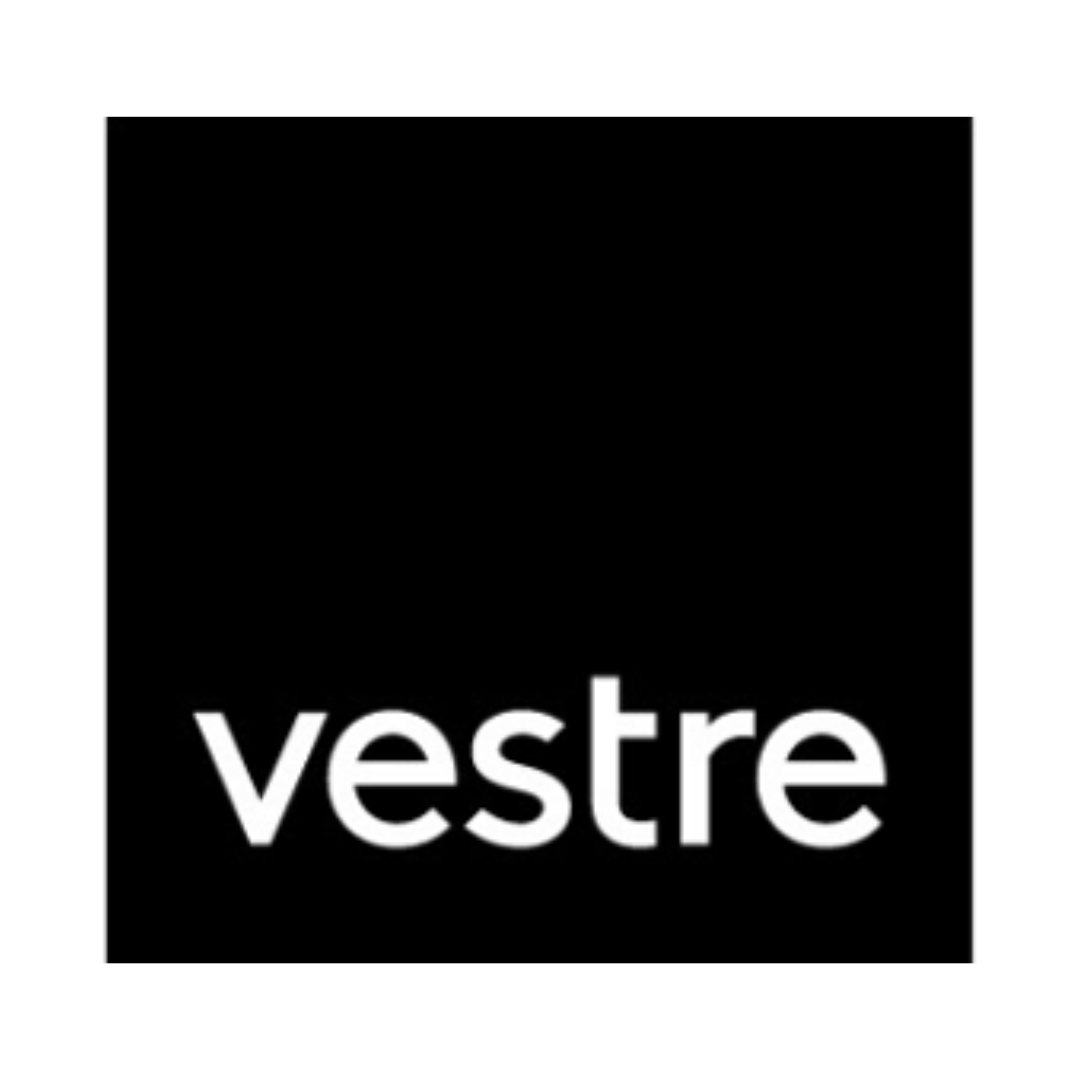Project showcase
Micro Colony, Coastal Bangladesh, for GROHE, with UArchitects
UArchitects’ development proposal for coastal locations in Bangladesh comprises 1ha of water based infrastructure – a fixed island to combat the intensification of floods. Micro Colony proposes accommodation for approximately 50 people initially, with trade for up to approximately 10 families. A small school and a medical centre are attached to the ‘community island’ as a ‘colony hub’, with further public resources.
Who is on the project team? (designer, consultants, etc)
UArchitects / Misak Terzibasiyan. Currently, we are actively seeking local partners and consultants.
Describe the context of this project, its neighbourhood and people?
The project proposal stands out for its unique and comprehensive approach. It combines adaptability, buoyancy, and a bio-based building toolkit (utilizing bamboo material). The community generates its own electricity from natural sources, produces food for both self-sustainability and trade, and ensures clean water. Additionally, the sanitation system contributes to the community’s sustainability by reusing waste as compost for gardens. This pioneering integral community on water is the first of its kind, actively mitigating negative climate impacts and establishing itself as a fossil-free environment. Our approach is entirely integral, bio-based, and energy-neutral, making it superior to alternatives such as floating dwellings that lack bio-based materials, rely on fossil fuels, lack access to clean water, have inadequate sanitation practices, and do not engage in food production. Our proposal aims to mitigate climate change and improve the quality of life for people. It enables communities to withstand floods while maintaining a self-sufficient and adaptable lifestyle. Affordability is a key aspect of our proposal, achieved through the use of locally sourced biobased materials and the development of a modular building kit for the project. Reused barrels and plastic bottles are employed to create floating platforms for dwellings, schools, trade centers, and medical facilities. Beginning as a small community, the project can be expanded in multiple directions. This will be a unique theme: integrating living spaces with the cultivation of one’s own food on top of or alongside the dwellings. This will give the local people in Bangladesh a better way of life.
Please describe your approach to this future place and its mix of uses. How will it function as a vibrant place? How does it knit into and serve the needs of the wider area?
It’s entirely novel and unparalleled in its domain—a fusion of residential living, communal functions, trade, food and energy production, all on a floating, adaptable, and self-sustaining platform. We aim to investigate its modularity to create a fossil-free community capable of living off-grid, leaving zero negative impact on the climate while actively reducing CO2 emissions. Our goal is to establish the pioneering floating self-sustaining community, offering a solution to our planet’s overconsumption crisis. This visionary concept is just one among many solutions fostering a harmonious coexistence with nature and our planet. It stands as a flexible vision, adaptable to rising sea levels and the increasing frequency of floods. As architects and landscape architects, this challenges us to reconsider our approach—shifting from an egocentric view to one that prioritizes creating a better life and climate for the entire community. Our vision revolves around a climate-neutral solution that integrates core values inherent in our daily lives: access to healthy food, affordable housing, clean drinking water, and sanitation, all powered by neutral energy sources. This holistic approach holds greater significance in the current era, where securing a better and more meaningful life for people aligns with our increased awareness of nature and the imperative to minimize our environmental impact. Communities can thrive with our assistance. We firmly believe that, as planners, we can significantly enhance the lives of those with lower incomes while also considering the climate without any adverse effects. It’s a global imperative as we are all interconnected.
What is the environmental impact of the project? How will the carbon use and material impact of the development be mitigated? What is the sustainability strategy?
Our proposal stands out for its unique and comprehensive approach. It combines adaptability, buoyancy, and a bio-based building toolkit (utilizing bamboo material). The community generates its own electricity from natural sources, produces food for both self-sustainability and trade, and ensures clean water. Additionally, the sanitation system contributes to the community’s sustainability by reusing waste as compost for gardens. This pioneering integral community on water is the first of its kind, actively mitigating negative climate impacts and establishing itself as a fossil-free environment. Our approach is entirely integral, bio-based, and energy-neutral, making it superior to alternatives such as floating dwellings that lack bio-based materials, rely on fossil fuels, lack access to clean water, have inadequate sanitation practices, and do not engage in food production. Our proposal is not only better but also greener and more environmentally friendly. Our proposal aims to mitigate climate change and improve the quality of life for people. It enables communities to withstand floods while maintaining a self-sufficient and adaptable lifestyle. Affordability is a key aspect of our proposal, achieved through the use of locally sourced biobased materials and the development of a modular building kit for the project. Reused barrels and plastic bottles are employed to create floating platforms for dwellings, schools, trade centers, and medical facilities. Beginning as a small community, the project can be expanded in multiple directions. The project can be easily built and constructed by local workers using local tools. It avoids the use of concrete, solely on a bio-based modular toolkit.
Festival of Pineapples
24-26 February 2026
Pineapples prize giving night
April
Pineapples at Festival of Place
10 June 2026
© The Pineapples - Tweak Ltd. 124 City Road, London, EC1V 2NX. Tel: 020 3326 7238




